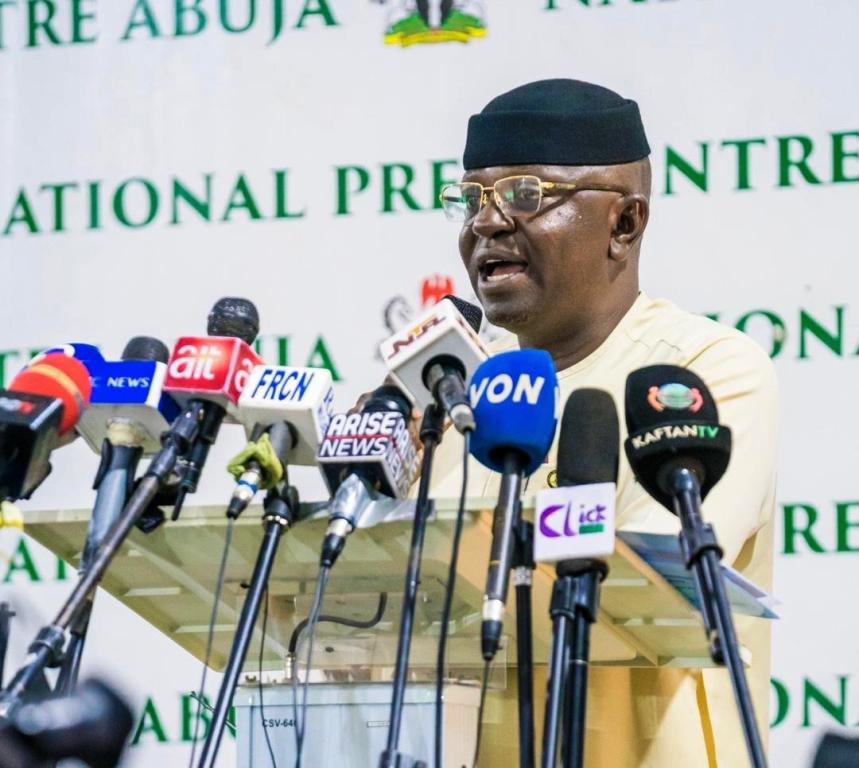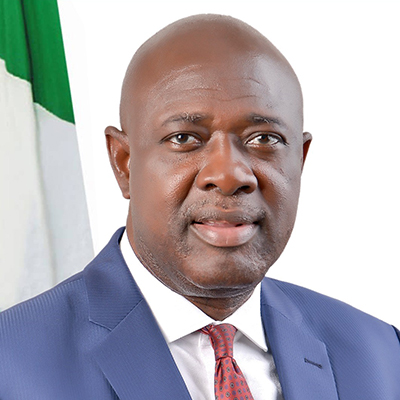
In a remarkable demonstration of strategic governance, Minister Utsev boosts revenue through the successful concessioning of the Kashimbila Dam, which has generated more than N7 billion for Nigeria. The announcement was made by the Honourable Minister of Water Resources and Sanitation, Prof. Joseph Terlumun Utsev, during a ministerial press briefing in Abuja.
The revenue milestone was achieved under the Public-Private Partnership (PPP) framework, which Prof. Utsev strongly supports. He explained that concessioning the dam created new economic opportunities, and it also ensured effective management of water resources. The dam’s concession has already created jobs, improved power generation, and supported irrigation and fisheries in the host communities.
Prof. Utsev said the project aligns with President Bola Tinubu’s Renewed Hope Agenda, which seeks to make infrastructure more productive and people-oriented. He noted that the Water Resources Ministry is committed to increasing public value through partnerships, and this dam is a major example of that strategy.
Minister Utsev boosts revenue while promoting transparency and efficiency in the sector. He revealed that the Ministry plans to replicate the Kashimbila model in other parts of Nigeria. This includes the Gurara, Oyan, and Bakolori dams. He believes that these projects can become profitable assets if managed through structured partnerships.
The Kashimbila Dam, located in Taraba State, was originally built for flood control, hydropower, and irrigation. Under Prof. Utsev’s leadership, it is now also a source of government income. He stressed the importance of sustainability and called on private partners to maintain high operational standards.
He also used the opportunity to commend the Bureau of Public Enterprises and the Infrastructure Concession Regulatory Commission for their support. According to him, collaboration among institutions made the concession process smooth and transparent.
Prof. Utsev continues to pursue water-sector reforms with energy and purpose. He emphasized that water infrastructure should be economically viable and socially beneficial. This belief has guided his decisions and has helped the Ministry reach this financial milestone.
He added that the success of Kashimbila proves that Nigeria can harness local resources for national development. The Minister also assured Nigerians that every kobo earned will be accounted for and used to improve services.
His leadership style combines accountability with innovation, and this has earned him respect from both public and private sector stakeholders. As the country navigates economic challenges, initiatives like this show what is possible with vision and focus.
Prof. Utsev’s results reflect his dedication and strategic thinking. He continues to lead the water sector with a strong sense of responsibility and national pride.



